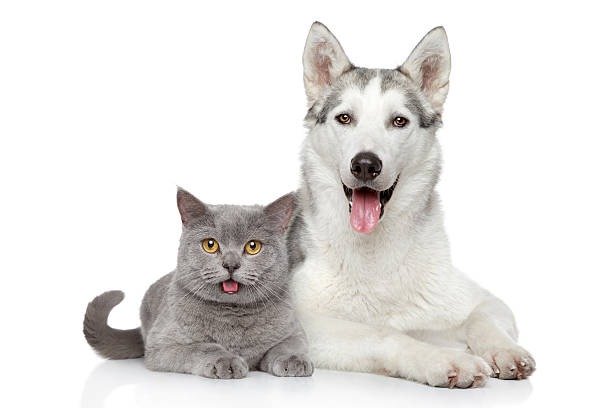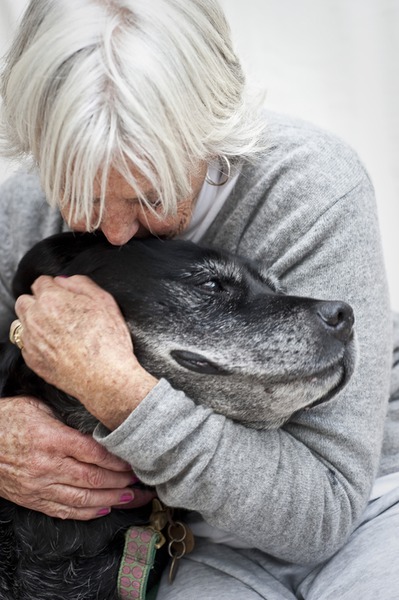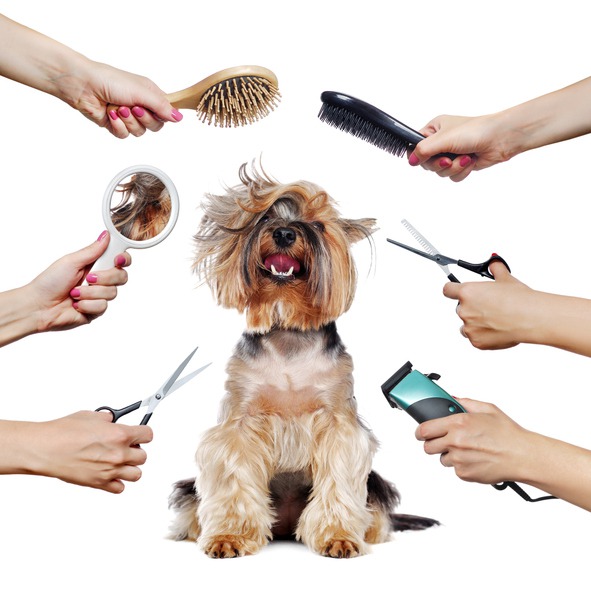Cancer is the major cause of death in 47% of dogs (especially those over ten years old) and 32% of cats, according to the Veterinary Cancer Society. Cancer is a devastating diagnosis for you and your pet companion. But early detection of the symptoms can make a difference between life and death for your pet. As a pet owner, what can you do to detect the warning signs?
Read on to learn more.
What should you do to prevent cancer in pets?
Below are some tips to help keep your pet healthy and cancer-free:
1. Schedule Regular Wellness Exams
Regular pet wellness examinations are essential to detecting cancer early. At these visits, your veterinarian will examine your pet for any lumps or bumps that may be of concern. They may also use blood work to check for organ function and additional indicators of illness.
Plus, they can recommend how to keep your pet healthy as well as safe from diseases like cancer. You can visit websites like www.westgatevet.com to learn more about why routine wellness exams can help prevent cancer in pets.
2. Stay Up-To-Date With Vaccinations
Vaccines help protect your pets from life-threatening infections and bacteria that can increase their cancer risk. Always keep your pet’s vaccinations updated to decrease their potential exposure to carcinogens. An anti-cancer vaccine for dogs was introduced recently, so ask your veterinarian about this alternative.
3. Feed Your Pet High-Quality Food
High-quality pet food can offer essential nutrients for your pet’s health and lower its risk of developing cancer or other diseases. Speak with your vet about what sort of food is best for your pet.
Here’s a checklist of foods you can incorporate into your pet’s diet plan to boost their immune system and help prevent cancer:
- Broccoli
- Sweet potatoes
- Coconut oil
- Pumpkin
- Beets
- Fish and fish oil
- Pitted fruits, such as peaches and plums
- Dark berries, such as blackberries and blueberries
4. Stay Active
Exercise helps keep your pet’s body functioning properly and prevents being overweight, a known risk factor for animal cancer. Create a workout strategy that works for you and your pet. Opt for strolls, play fetch games in the backyard, or take up agility training. Keep them fun for both of you, no matter what activities you pick.
5. Take Precautions at Home
You can create an environment in your house which contributes to cancer prevention, including:
- Minimizing direct exposure to chemicals found in cleaners and other household products
- Limiting sun exposure by keeping pets out of direct sunlight or applying sunblock to areas not covered with fur
- Avoiding cigarette smoking around pets
- Keeping pets away from second-hand smoke as much as possible
- Washing hands after playing outdoors with your pet or handling their food or waste
- Regularly cleaning carpets and furniture where your pet usually rests
6. Be Aware of Changes In Behavior
Pets with cancer often show changes in behavior that indicate something is wrong. Call your veterinarian immediately if your pet seems listless, uninterested in play, or has stopped eating and drinking. These signs and symptoms can also be indications of other serious illnesses, so it’s always best to take them to a professional.
Early Signs and Symptoms of Pet Cancer
If your pet unexpectedly starts to display any of the following conditions, call your veterinarian as soon as possible:
- Weight loss
- Loss of appetite or changes in eating behaviors
- Growths or lumps on the body that grow quickly
- Abnormal bleeding or discharge
- Difficulty breathing and/or coughing
- Lameness, limping, or difficulty walking
- Sweating when not hot in the environment
If you have any concerns about your cat’s or dog’s health and wish to consult a vet that specializes in cancer treatment, you can do so by searching online for a “dog oncologist near me.”
What should you do if cancer is detected in your pet?
If cancer is detected in your pet, your vet will create a treatment plan of action tailored to their specific needs. This may include medicines, dietary changes, chemotherapy, radiation therapy, surgery or pet laser therapy. Depending on the nature and stage of the disease, some pets can recover completely, while others need continuous treatment.
The journey is not easy, but your pet can survive this challenging time with the appropriate support and care. Regardless of the result, working closely with your veterinarian is essential to give your pets the best cancer care. Keep in mind that they will be your partner in the fight, so follow their recommendations and ask questions regarding the treatment procedure.
Ultimately, choose a vet facility or hospital with knowledgeable professionals to ensure your pet gets the most reliable care. Trusted experts can give you all the assistance you need to overcome cancer.
Final Thoughts
Cancer can be a difficult diagnosis to face, but it doesn’t have to mean turning away from hope. You can give your pet the best chance at battling this disease with proper care, support, and understanding.
You can minimize their risk of developing cancer by staying up to date with their shots, feeding them high-quality food, exercising regularly, and recognizing changes in behavior. If your pet is diagnosed with cancer, get in touch with an experienced vet immediately for a treatment procedure that will work best for your pet.





